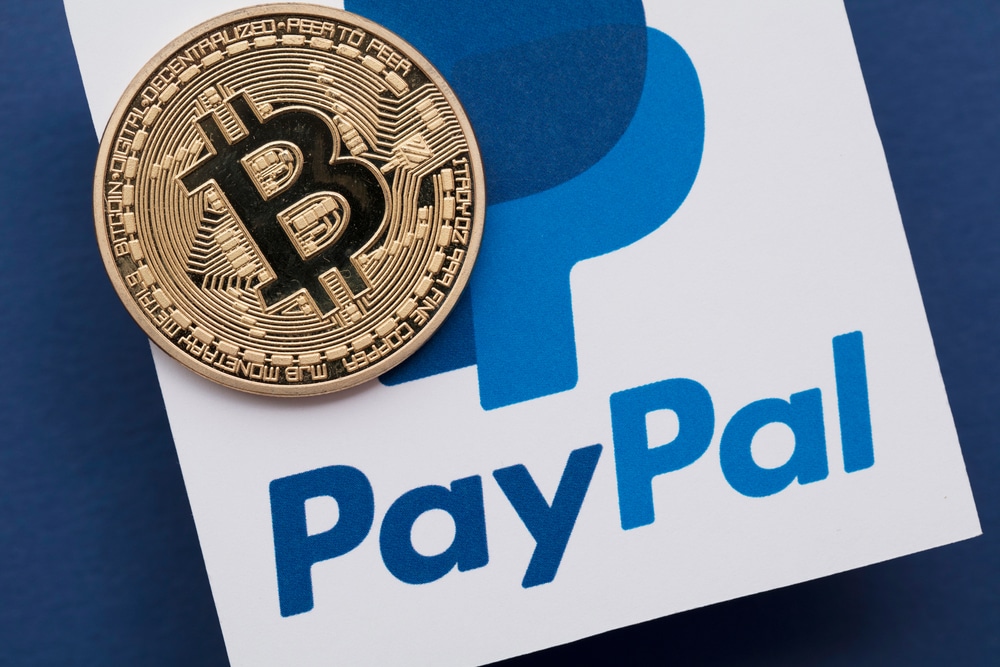Fake ‘Ledger Live’ App Scams Users for $588K on Microsoft Store

Key Insights:
- Fake ‘Ledger Live Web3’ app scams users for 16.8 BTC on Microsoft Store.
- Microsoft is under fire for allowing a fake crypto app that stole $588K.
- Crypto users duped by sham Ledger app, sparking calls for tighter app store security.
In an alarming revelation for the crypto community, a deceptive application named “Ledger Live Web3” impersonated the legitimate cryptocurrency management tool and managed to siphon off nearly $600,000 in Bitcoin from unsuspecting users. The sham app, which was available on Microsoft’s app store, has been linked to a series of unauthorized transactions, leading to significant financial losses and raising serious concerns about the security protocols of mainstream app platforms.
The Rise of a Crypto Scam
The digital world was shaken as it came to light that a counterfeit version of Ledger Live had been the vehicle for a considerable cryptocurrency heist. The fake app, which had craftily positioned itself in the trusted realm of Microsoft’s app store, lured users with the guise of being a secure interface for managing their Ledger hardware wallet assets.
Ledger hardware wallets are renowned for their ability to store cryptocurrency assets offline, safeguarding them from online hacking attempts. However, this security is compromised when users are deceived into trusting a malicious app.
A Deep Dive into the Heist
On-chain analyst ZachXBT unearthed the fraudulent application on November 5. Investigations into the blockchain via Blockchain.com revealed that the perpetrators managed to collect approximately 16.8 BTC through 38 separate transactions.
The wallet address in question, beginning with “bc1q…y64q,” saw the largest single transaction reach an astounding $81,200. Even though a portion of the stolen funds, totaling about $115,200, has been moved out of the scam wallet, the criminals still possess a staggering sum equivalent to 13.5 BTC or $473,800.
Transactions Timeline
The trail of deceit dates back to October 24, with the first transaction flagged at a value of $5,210. Prior to this, there had been no activity on the wallet, indicating it had been set up specifically for this scam.
The fraudulent activity peaked starting November 2, culminating in the hefty transfer on November 4. An earlier probe by Cointelegraph suggests that the counterfeit app could have been lurking on the Microsoft app store since October 19, potentially exposing countless users to the scam.
Repeated Offenses and User Alerts
This incident is not an isolated case. Ledger’s support account on X (formerly Twitter) had issued warnings to its user base about similar counterfeit applications in December and March of previous years.
Despite these alerts, the vigilance of app stores remains a critical vulnerability. In the wake of this scam, Ledger has reiterated that their website is the sole verified channel for downloading their official application.
The Role of Microsoft and Calls for Accountability
The community has been vocal, with voices like ZachXBT suggesting that platforms like Microsoft should assume liability when such fraudulent applications breach their vetting process and endanger users. As the digital guardian of the app store, Microsoft’s role in permitting the distribution of a fake app has come under scrutiny. Though the fraudulent app has reportedly been removed from the store, the tech giant’s response to this incident is yet to be officially disclosed.
Protecting Your Digital Wallet
This incident serves as a stark reminder of the persistent threats in the digital asset landscape. Users are urged to exercise extreme caution and to source applications exclusively from official and verified providers. With cybercriminals becoming increasingly sophisticated, the need for enhanced due diligence is more critical than ever.
Conclusion
The crypto community is left rattled by yet another scam that has not only resulted in substantial financial loss for individuals but also posed serious questions about the safety of app stores and the ease with which scammers can exploit them.
As the situation unfolds, the affected users and the broader community look towards Microsoft for an explanation and reassurance that measures will be taken to prevent such breaches in the future. Meanwhile, the incident serves as a sobering reminder to all about the importance of securing one’s digital assets with utmost caution.
DISCLAIMER: It's essential to understand that the content on this page is not meant to serve as, nor should it be construed as, advice in legal, tax, investment, financial, or any other professional context. You should only invest an amount that you are prepared to lose, and it's advisable to consult with an independent financial expert if you're uncertain. For additional details, please review the terms of service, as well as the help and support sections offered by the provider or promoter. While our website strives for precise and impartial journalism, please be aware that market conditions can shift unexpectedly and some (not all) of the posts on this website are paid or sponsored posts.









